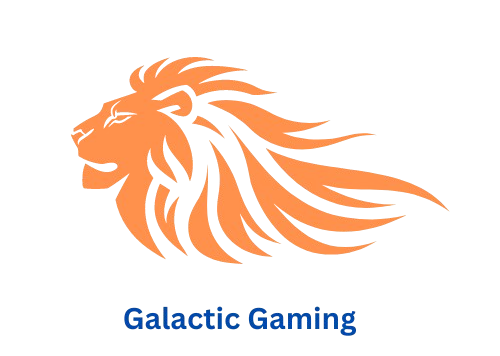Online gaming has revolutionized the entertainment industry, becoming a cultural phenomenon that transcends age, geography, and social boundaries. From its modest beginnings to its current status as a multi-billion-dollar industry, online gaming has significantly influenced how people connect, collaborate, and compete in virtual environments. This article delves into the journey of online gaming, its impact on society, and the innovations shaping its future.
The Early Days of Online Gaming
The concept of online gaming dates back to the early days of the internet when dial-up connections allowed players to experience multiplayer games remotely. Simple text-based games like MUDs (Multi-User Dungeons) served as precursors to today’s massive online worlds. As technology progressed, games like Doom and Quake introduced first-person shooters to the online space, laying the groundwork for competitive gaming.
The late 1990s and early 2000s saw the rise of jewel4d login Massively Multiplayer Online Role-Playing Games (MMORPGs) such as EverQuest and World of Warcraft. These games allowed players to explore vast virtual worlds, form alliances, and engage in epic quests, all while connecting with others globally. This era marked a shift from solitary gaming experiences to deeply social and interactive ones.
The Modern Online Gaming Landscape
Today, online gaming is a diverse ecosystem encompassing various genres and platforms. From action-packed battle royales like Fortnite to creative sandboxes like Minecraft and immersive role-playing games like The Elder Scrolls Online, there is something for every type of gamer.
Mobile gaming has also played a crucial role in expanding the online gaming community. Titles like PUBG Mobile and Call of Duty Mobile have brought high-quality gaming experiences to smartphones, making gaming accessible to millions who may not own dedicated gaming hardware.
Streaming platforms such as Twitch, YouTube Gaming, and Facebook Gaming have amplified the cultural impact of online gaming. Gamers can now share their gameplay live, fostering communities around their content and earning livelihoods through sponsorships, donations, and advertising. Professional esports leagues have further elevated gaming, with tournaments offering multi-million-dollar prize pools and drawing global audiences.
Social and Psychological Impacts
Online gaming has become a powerful medium for social interaction. Players often form lasting friendships and communities through shared gaming experiences. Features like voice chat, cooperative gameplay, and in-game events enhance collaboration and communication, making gaming a popular activity for connecting with others.
However, the rise of online gaming has also brought challenges. Toxic behavior, including harassment and cheating, has emerged as a significant issue in competitive gaming. Developers have implemented moderation tools and reporting systems to address these problems, but maintaining a positive gaming environment remains an ongoing challenge.
On the psychological front, gaming can have both positive and negative effects. While moderate gaming fosters creativity, problem-solving, and stress relief, excessive gaming can lead to issues such as addiction and social isolation. Many platforms now offer tools to help players monitor their playtime and maintain a healthy balance.
Technological Innovations Shaping the Future
Emerging technologies are set to redefine online gaming, making it more immersive and accessible than ever. Virtual Reality (VR) and Augmented Reality (AR) are transforming how players interact with games, creating lifelike environments and blending virtual elements with the real world. Cloud gaming services like Google Stadia and Xbox Cloud Gaming eliminate the need for expensive hardware, allowing players to stream games on a variety of devices.
Cross-platform play has also gained momentum, enabling players on different systems—be it PC, console, or mobile—to join the same gaming sessions. This inclusivity has strengthened online gaming communities and broadened the appeal of multiplayer games.
The Broader Cultural Influence
Online gaming’s influence extends beyond entertainment. It has become a platform for storytelling, artistic expression, and even activism. Games like Journey and Celeste use their narratives to address complex themes, while others like Animal Crossing: New Horizons have been used as platforms for social campaigns and virtual gatherings.
Moreover, the rise of gamification in education and professional training demonstrates how gaming mechanics can be applied in practical contexts. From language learning apps to military simulations, gaming is proving to be a valuable tool across various fields.
Conclusion
Online gaming has evolved into a dynamic and influential force in modern culture. Its ability to connect people, foster creativity, and push technological boundaries continues to shape how we interact with digital media. As advancements in VR, AR, and cloud gaming take hold, the future of online gaming promises even more innovation and opportunities for players and creators alike. Whether as a source of entertainment, a social platform, or a competitive arena, online gaming is an integral part of the digital age, with a legacy that will continue to grow.
